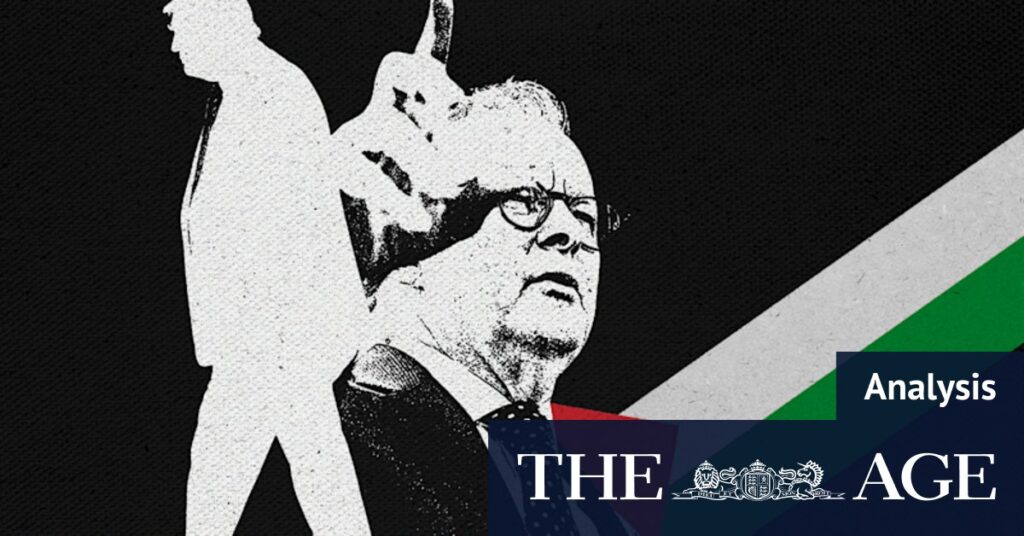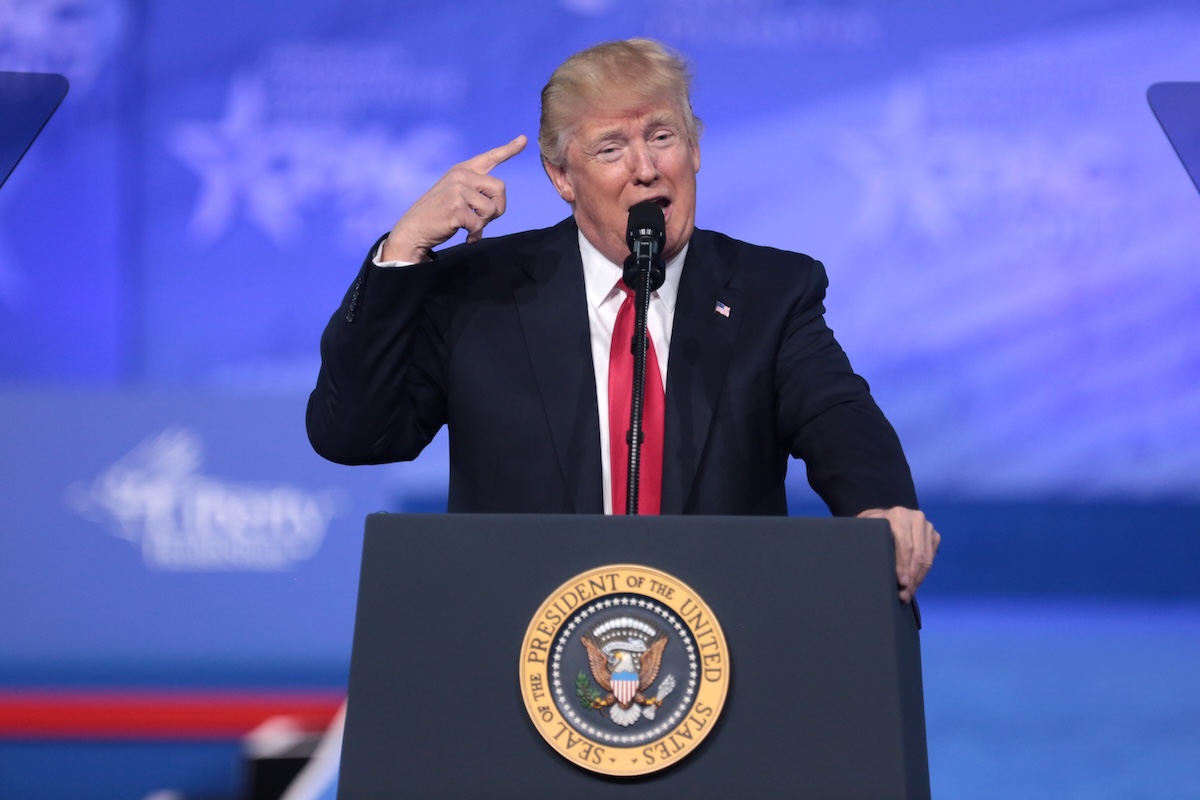
New York: In a decisive move that underscores Australia’s independent stance on international diplomacy, Prime Minister Anthony Albanese has officially recognized Palestinian statehood. This action not only signals Australia’s perspective on the Middle East peace process but also marks a significant departure from the United States’ policy under President Donald Trump. By doing so, Albanese has made a clear assertion of Australian sovereignty over its foreign policy.
The announcement, made during Albanese’s visit to the United States, represents a bold and potentially risky step. It comes at a time when the Australian Prime Minister is attempting to establish a personal rapport with President Trump, aiming to secure their first formal meeting. Instead of seeking common ground, Albanese has chosen to highlight a contentious issue in the US-Australia relationship.
Albanese’s decision aligns Australia with countries like the United Kingdom and Canada, which have also recognized Palestine. This move has captured significant attention in the United States, even making headlines on the website of The New York Times. Despite the potential for diplomatic friction, Albanese appeared unfazed when addressing reporters at the United Nations headquarters, located just a stone’s throw from one of Trump’s iconic skyscrapers.
Albanese’s Defiant Stance
Standing firm in his decision, Albanese dismissed Trump’s assertion that recognizing Palestine equates to rewarding Hamas, the group responsible for the October 7, 2023, massacre in Israel. Instead, he emphasized Australia’s right to make independent decisions based on national interests, stating, “This is about Australia’s position and the fact that we’re a sovereign nation. Australia will make decisions based upon our national interests.”
When questioned about potential damage to US-Australia ties, Albanese replied confidently, “Our foreign policy isn’t determined in Washington or Beijing or Wellington, for that matter. Our foreign policy is determined around the cabinet table in Canberra.” His remarks reflect a broader sentiment of autonomy in Australia’s international relations.
Historical Context and Implications
Australia’s recognition of Palestine places it among the last nations to take this step, yet Albanese presented the decision as a logical extension of supporting a two-state solution. He articulated the need for action in light of ongoing violence in Gaza and settlement expansion in the West Bank. “If you support two states, it’s not Israel and, you know, something else, and Marrickville,” he quipped, referencing a suburb in his Sydney electorate. “It’s Israel and Palestine.”
Albanese’s frustration with Israeli Prime Minister Benjamin Netanyahu’s refusal to pursue a two-state solution or cease hostilities has fueled his belief that recognizing Palestine is both a moral and political imperative. Despite the potential for diplomatic tension, he remains steadfast in his conviction that Australia is on the right side of history.
US-Australia Relations in Focus
While some speculate that the Palestinian issue might hinder Albanese’s ability to secure a meeting with Trump, the Prime Minister insists otherwise. “No is the answer,” he stated when asked if the disagreement was a factor. According to Australian officials, Trump’s administration has not prioritized the issue, viewing it with a sense of disappointment rather than anger.
The broader context of US-Australia relations reveals additional challenges, including disputes over tariffs, defense spending, and climate change policies. British Prime Minister Keir Starmer, in contrast, strategically delayed his recognition of Palestine until after Trump’s state visit to the UK to avoid overshadowing diplomatic efforts.
Starmer’s proactive engagement with Trump, including meetings and calls, contrasts with Albanese’s yet-to-be-realized face-to-face encounter. Despite four cordial phone conversations, the lack of a personal meeting suggests a gap in trust between the two leaders.
Looking Ahead
Albanese’s relaxed demeanor during his New York visit suggests confidence in navigating the diplomatic landscape. If a meeting with Trump does not materialize this week, upcoming summits in Malaysia and South Korea may offer another opportunity for dialogue. By then, the Palestinian recognition issue may have receded, allowing for a more focused discussion on other bilateral matters.
As Australia continues to assert its foreign policy independence, the implications of Albanese’s decision will unfold in the coming months. The world watches closely as Australia navigates its role on the global stage, balancing alliances and asserting its national interests.







